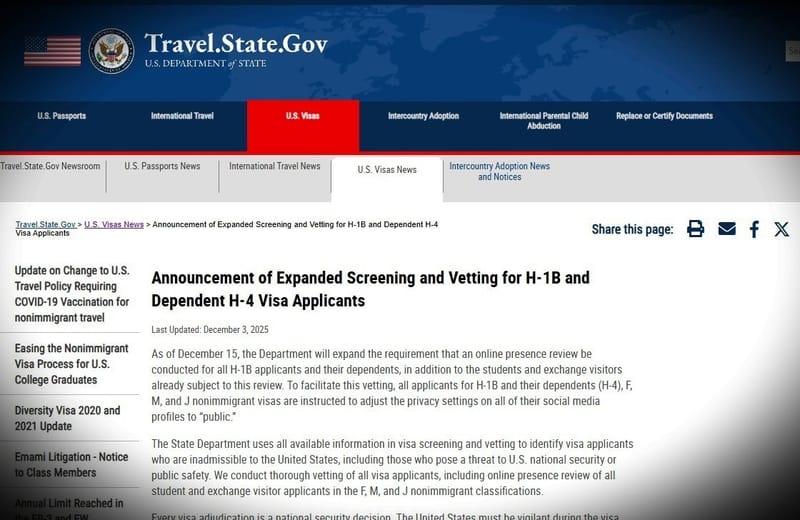H-1B & AI Impact: Indian IT SMEs Pivot to $1.5 Trillion Infrastructure to Safeguard Jobs
Indian IT SMEs are being forced to undergo a profound strategic pivot from traditional software services to infrastructure and specialized AI roles, driven by H-1B policy shifts and AI automation.
Subscribe to our newsletter and stay informed about latest H1B news, policy updates and and other developments.
Article Summary
The article details how Indian IT Small and Medium Enterprises (SMEs), traditionally reliant on staff augmentation, face significant disruption from evolving H-1B visa policies and AI automation. It proposes a strategic pivot towards a $1.5 trillion global infrastructure opportunity in data centers and renewable energy. Key strategies include acquisitions, data annotation centers, geographic expansion to markets like the UK and Canada, and substantial workforce reskilling in both advanced AI and core engineering disciplines.
Original Article: thehindu.com
[ Sentiment: neutral | Tone: factual ]
This summary and analysis were generated by TheNewsPublisher's editorial AI. This content is for informational purposes only; it does not constitute legal or immigration advice.
[ Sentiment: neutral | Tone: factual ]
This summary and analysis were generated by TheNewsPublisher's editorial AI. This content is for informational purposes only; it does not constitute legal or immigration advice.
TNP AI: Key Insights
This analysis highlights a critical inflection point for the global tech talent supply chain. For decades, US businesses leveraged Indian IT SMEs for cost-effective staff augmentation, a model now rendered obsolete by stricter H-1B policies and AI, necessitating a re-evaluation of their talent acquisition and outsourcing strategies.
This strategic pivot directly impacts skilled professionals: those in traditional IT roles must reskill into specialized areas like AI architecture, data center engineering (MEP, power systems), or frontier tech. The article's emphasis on geographic expansion to the UK and Canada also underscores the growing global competition for specialized talent, suggesting that US immigration policies are inadvertently pushing a key talent pool to diversify its focus beyond the American market.





